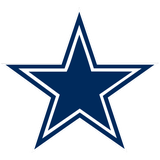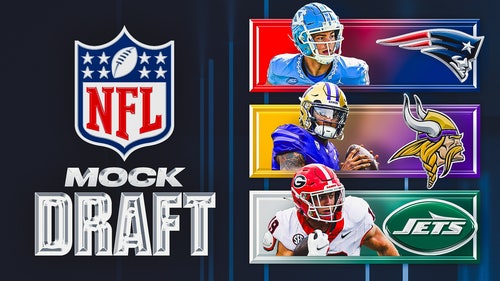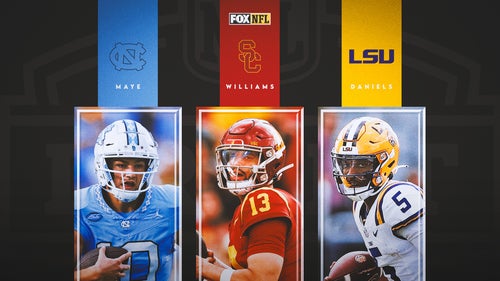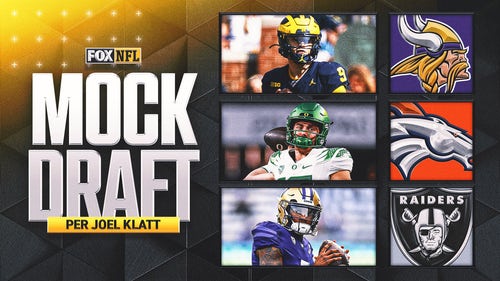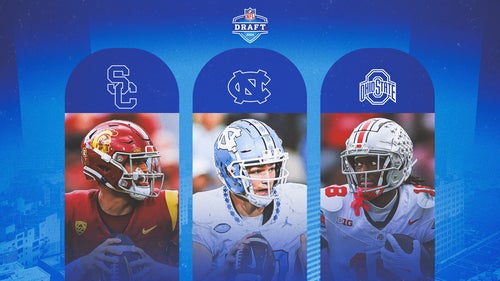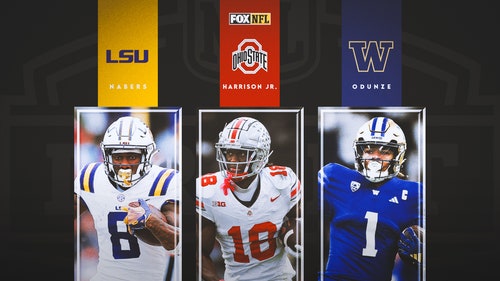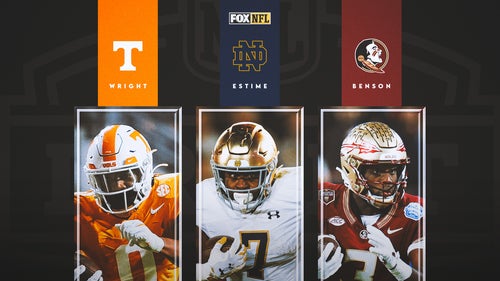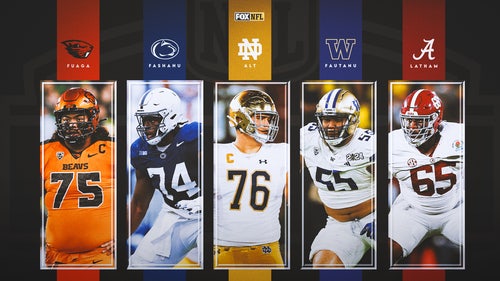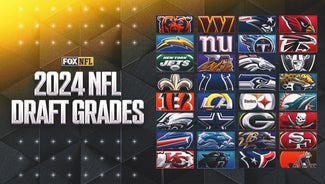
Why Tony Romo Is Leaving the Game-for Now
Some football players can’t fathom what it’d be like to go into a summer without training camp hanging over their heads, or a fall without a slate of games to play.
Tony Romo was never that guy.
And that’s the first thing I thought of when the news broke early Tuesday morning that the Cowboys quarterback was making the decision to walk away from football—at least for now—at the age of 37. We’ll get to that, which is a major part of it.
But let’s start with how and why this went down when it did. Dallas was readying to release him ahead of what was always the real deadline here, the April 17 start of the Cowboys’ offseason program. They gave him permission to seek a trade and, as they did, we’ve gotten clues over the last few weeks that this alternative ending was possible.
First, it wasn’t so much the rumblings of interest from CBS and FOX (that was to be expected) in March, as it was that those rumors weren’t quickly shot from the sky by Romo’s camp. Second, last week at the NFL meetings, I asked Dallas owner Jerry Jones—who’s handled this whole situation on one-on-one basis with Romo—if there was a point when he’d need this particular organizational loose end to be tied up.
“Before training camp,” he answered.
Therein, and inadvertently, Jones provided perhaps the most illuminating tell of all.
Camp is four months away. And so Jones gave us all a window into the reality of the situation: the lack of pressure on the Cowboys to get something done, the lack of fervor from the other 31 teams to pursue Romo, and the fact that, sad as might be, this decision really became one that had a far larger personal than professional impact on the Jones family’s football team.
That wasn’t easy on Romo, to be sure. In fact, as recently as seven or eight months ago the idea of this unfolding the way it has for a guy who was the unchallenged leader of the Cowboys for a decade would’ve been unfathomable. But it quickly became clear that Dak Prescott was no flash-in-the-pan, and that he could provide Dallas with a younger, cheaper, more durable successor to Romo.
And then, two pretty massive reality checks hit for Romo, who turns 37 later this month.
One came in mid-November, when Romo went into ownership and asked not for his job back, but to be given the chance to compete for it. He was told no. It was explained to Romo that, for a variety reasons, it didn’t make sense for the Cowboys to open a quarterback competition in the middle of a fight for the NFC East title.
“I can’t tell you how much I respect the man,” Cowboys COO Stephen Jones told me that week. “It’s hard. It’s hard. It’s a hard one on Tony, and it’s hard on everyone who loves Tony, and that’s this team and this organization. And at the same time, we’re all in on Dak as well, and Dak sees the compassion from Tony, and he has to love it. Everyone’s going to go through this at some point.”
The Cowboys wound up winning the NFC East and the top seed in the playoffs, and Prescott played plenty well enough to win in a divisional-round loss to the Packers that set the stage for the next blow to Romo’s psyche.
That came slowly over the last two months. The market simply never materialized. The Texans were very legitimately interested, but only on their terms. The Broncos were merely curious, and mostly committed to developing their young quarterbacks, Trevor Siemian and Paxton Lynch, which is what new offensive coordinator Mike McCoy was hired to do.
So the Peyton Manning-like recruiting tour not only didn’t happen for Romo—it flat-out wasn’t out there for him if he’d wanted it.
Add all this up, and in less than a year Romo suffered another major injury, was unseated by a fourth-round pick, asked for a chance to win his job back and was told he couldn’t, and then—with his decade as a starter in Dallas clearly over—got a lukewarm (at best) reception from the rest of the league to his availability.
That’s a lot to swallow for a guy who’s played in four Pro Bowls, was All-Pro two years ago and has manned the most prominent position on one of the biggest stages in professional sports for an extended period of time. And it’s easy to see why, over the last few months, he’s asked the question: Do I want to do this anymore?
He’s talked privately about becoming the next Troy Aikman, which is where he’s headed now. He’s also discussed, down the line, the idea of becoming the next John Elway. And as John Lynch has shown us, in going from FOX analyst to 49ers general manager, Romo now very much has the opportunity to do both.
However that plays out, the next step wasn’t far from his mind. The last few years, Cowboys staffers have noticed that he wasn’t reporting to camp in the kind of shape many older players have to, choosing to use the time during camp to get himself where he needed to be before the season started. He’s got a young family now. Priorities change. Circumstances change.
At least on the surface, it looked to those around Romo like he didn’t need football the way he once did. Then, the Cowboys didn’t need him anymore. Then, the rest of the league didn’t need him.
So, in the end, Romo decided—at least for now—that he didn’t want them either.
• Question or comment? Email us at talkback@themmqb.com.
